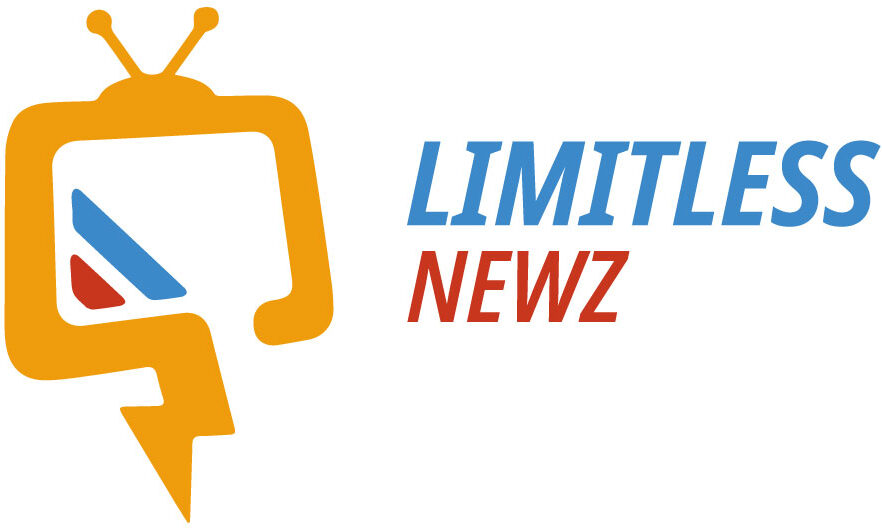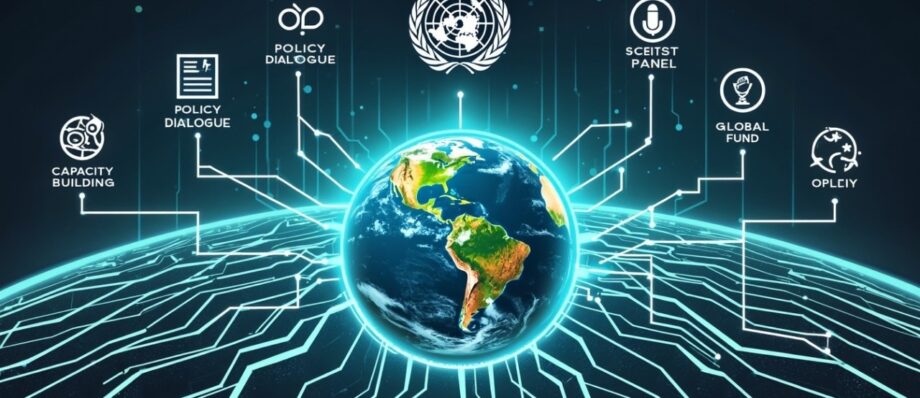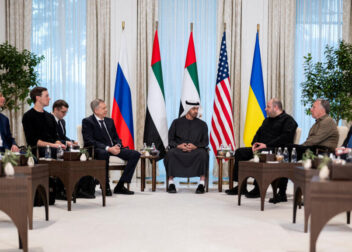AI Governance Summit Shapes Global Tech Rules
Lead: In April 2025, world leaders at the Seoul AI Governance Summit agreed on a framework to regulate artificial intelligence, prioritizing ethics and equity. Hosted by South Korea, the summit addressed AI’s risks, from misinformation to job displacement. The resulting Seoul Declaration aims to ensure AI benefits all nations while curbing misuse.
Background
AI’s rapid rise has transformed industries, but its unchecked growth raises concerns. The World Economic Forum reports that AI could add $15 trillion to the global economy by 2030, yet risks like algorithmic bias and cyber threats loom large. Previous attempts at regulation, like the EU’s AI Act, were regional, leaving gaps in global coordination. The 2023 Bletchley Declaration set the stage for international cooperation, but binding rules were needed. The Seoul Summit, attended by 60 nations, sought to bridge divides between tech leaders like the US and China and emerging economies.
Key Developments
The Seoul Declaration outlines key commitments:
- Ethical Standards: AI systems must prioritize transparency, fairness, and human oversight.
- Global Access: A $5 billion fund will support AI infrastructure in developing nations.
- Misinformation Controls: Platforms must deploy AI to detect and flag false content.
- Military Restrictions: Non-binding limits on AI in autonomous weapons were proposed.
South Korean President Yoon Suk-yeol called the framework “a blueprint for inclusive innovation.” The US and EU pushed for strict oversight, while China emphasized sovereignty in AI development. Smaller nations, like Nigeria and Chile, secured provisions for technology sharing. However, enforcement remains voluntary, raising doubts about compliance. The summit also launched a UN-led AI Ethics Panel to monitor progress.
Implications
The framework could level the playing field, enabling poorer nations to harness AI for education and healthcare. However, voluntary enforcement may allow tech giants to skirt rules, deepening inequalities. Industries face pressure to adapt, with 30% of jobs at risk of automation by 2035, per UN estimates. Geopolitically, the agreement softens US-China tech tensions but doesn’t resolve them. Public trust in AI could grow if misinformation is curbed, but privacy concerns persist. The summit’s success depends on whether nations prioritize global good over national interests.
Conclusion
The Seoul Declaration is a step toward responsible AI governance, but its impact relies on follow-through. Watch for the UN panel’s first report in 2026 and how tech firms respond to new ethical mandates. Global cooperation will determine if AI becomes a force for unity or division.


